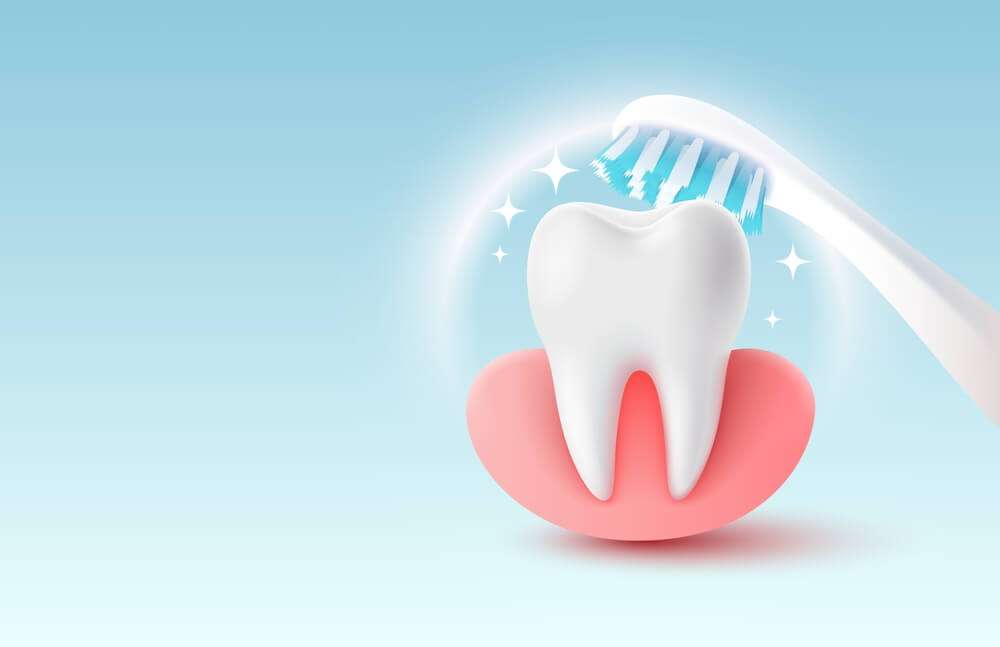Introduction of Oral Health:
Regular dental check-ups are a cornerstone of good oral health and play a crucial role in preventing dental problems, maintaining healthy teeth and gums, and preserving overall well-being. While many people may feel apprehensive about visiting the dentist, understanding the importance of regular dental check-ups and knowing what to expect can help alleviate fears and ensure a positive experience. In this comprehensive guide, we’ll explore the significance of regular dental check-ups, discuss what to expect during a typical dental appointment, and provide practical tips for maximizing the benefits of routine dental care.
The Importance of Regular Dental Check-ups:
Regular dental check-ups are essential for several reasons:
1). Early Detection of Dental Problems:
Dental check-ups allow dentists to detect dental problems in their early stages when they are easier and less expensive to treat. Common dental issues such as cavities, gum disease, and oral infections can be identified during routine examinations, enabling prompt intervention and preventing complications.
2). Prevention of Dental Disease:
Preventive dental care, including regular check-ups and professional cleanings, helps prevent dental disease and maintain optimal oral health. Dental cleanings remove plaque and tartar buildup, reducing the risk of cavities and gum disease. Additionally, dentists can provide personalized oral hygiene instructions and preventive treatments to help patients maintain healthy teeth and gums between visits.
3). Oral Cancer Screening:
Dental check-ups typically include an oral cancer screening, during which the dentist examines the oral tissues for signs of abnormalities or lesions. Early detection of oral cancer is crucial for successful treatment and improved prognosis. Regular oral cancer screenings can help identify suspicious areas early and facilitate timely referral for further evaluation and management.
4). Monitoring Oral Health Changes:
Regular dental check-ups allow dentists to monitor changes in oral health over time and identify any areas of concern. By tracking changes in the teeth, gums, and surrounding tissues, dentists can detect emerging issues and implement appropriate treatment strategies to address them effectively.
What to Expect During a Dental Check-up:
A typical dental check-up consists of several components:
1. Medical History Review:
The dental team will review your medical history, including any existing health conditions, medications, allergies, and previous dental treatments. It’s essential to provide accurate and up-to-date information to ensure safe and effective dental care.
2. Oral Examination:
The dentist will perform a comprehensive oral examination to assess the health of your teeth, gums, and oral tissues. This may include checking for cavities, signs of gum disease, oral infections, and abnormalities in the oral cavity.
3. Dental X-rays:
Dental X-rays may be taken to provide a more detailed view of the teeth and underlying structures. X-rays help dentists identify issues such as cavities, bone loss, impacted teeth, and abnormalities that may not be visible during a visual examination.
4. Professional Cleaning:
A dental hygienist will perform a professional cleaning to remove plaque, tartar, and surface stains from the teeth. This process typically involves scaling to remove hardened plaque and tartar, followed by polishing to smooth the tooth surfaces and remove surface stains.
5. Oral Cancer Screening:
The dentist will perform an oral cancer screening to check for signs of abnormalities or lesions in the oral tissues. This may involve visually inspecting the lips, tongue, cheeks, palate, and throat for any suspicious areas.
6. Treatment Recommendations:
Based on the findings of the oral examination and any diagnostic tests performed, the dentist will discuss any existing dental issues and recommend appropriate treatments or interventions. This may include fillings for cavities, periodontal therapy for gum disease, or preventive measures to maintain oral health.
Practical Tips for Maximizing the Benefits of Routine Dental Care:
(1). Schedule Regular Check-ups:
Aim to schedule dental check-ups at least twice a year or as recommended by your dentist. Regular appointments help maintain oral health and allow for early detection and treatment of dental problems.
(2). Practice Good Oral Hygiene:
Maintain a consistent oral hygiene routine at home, including brushing your teeth twice a day, flossing daily, and using mouthwash as directed. Good oral hygiene habits help prevent cavities, gum disease, and other dental issues between dental visits.
(3). Follow a Healthy Diet:
Eat a balanced diet rich in fruits, vegetables, lean proteins, and whole grains to support oral and overall health. Limit consumption of sugary and acidic foods and beverages, which can contribute to tooth decay and gum disease.
(4). Avoid Tobacco Products:
Tobacco use is a significant risk factor for oral health problems such as gum disease, tooth decay, and oral cancer. If you smoke or use tobacco products, consider quitting to improve your oral health and overall well-being.
(5). Communicate with Your Dentist:
Open and honest communication with your dentist is essential for receiving personalized dental care that meets your needs and preferences. Discuss any concerns or questions you may have about your oral health, treatment options, or dental anxiety with your dentist to ensure a positive dental experience.
Conclusion:
Regular dental check-ups are essential for maintaining healthy teeth and gums, preventing dental problems, and preserving overall well-being. By understanding the importance of routine dental care, knowing what to expect during a dental



